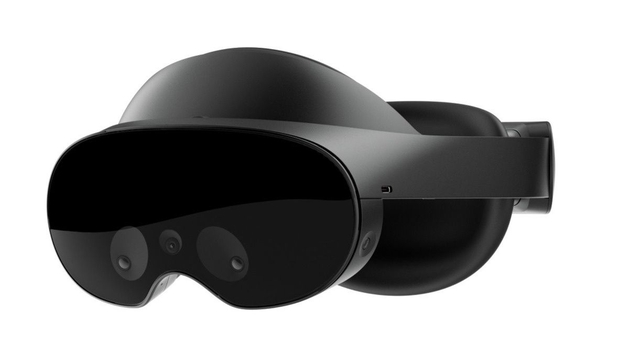your current location is:Home > TechnologyHomeTechnology
Precise targeting, Meta or use Quest Pro eye tracking technology to deliver personalized ads
this week Meta company launched MetaQuestPro, a new virtual reality headset, priced at up to 1500 US dollars (about 10755 yuan), equipped with upgraded hardware and advanced features, also There are cameras pointed inward to track the user's eyes.

Gizmodo found that Meta has updated its privacy policy to include an entry called "Eye Tracking Privacy Notice," a page that has several paragraphs devoted to what data is collected. In it, the company states that if you agree to share additional data, Meta will use eye tracking and other data points "to help Meta personalize your experience and improve MetaQuest" . The policy literally doesn't say directly that the data will be used for advertising, but "personalize your experience" is typical privacy policy phraseology referring to personalized targeted advertising.
Not only that, but Nick Clegg, head of global affairs at Meta, bluntly said in an interview with the Financial Times that eye-tracking data can be used to "understand whether people are attracted to ads".
"When you can see a person looking at an ad for a watch, glancing at it for ten seconds, smiling, and thinking if they can afford it, that provides more than ever before," said Ray Walsh, a digital privacy researcher at ProPrivacy. a lot of information."
Meta Corporation has developed a number of technologies for these purposes. The company filed a patent in January for a system that "adjusts media content" based on facial expressions, and has been trying to exploit and manipulate people's emotions for more than a decade. In January, the company filed a patent for a mechanical eyeball.
Currently, there are no ads in Meta's HorizonWorlds, and given that Meta's two-dimensional business model relies so heavily on ads, the intrusion of ads seems inevitable.
Meta shut down Facebook's facial recognition feature last year and deleted about 1 billion facial data, but the company never committed to completely stop using facial recognition data.
Previous:Tesla robot, that's all?
Next:Samsung says it knew about battery bulges in Galaxy phones and has launched an investigation
related articles
Article Comments (0)
- This article has not received comments yet, hurry up and grab the first frame~













